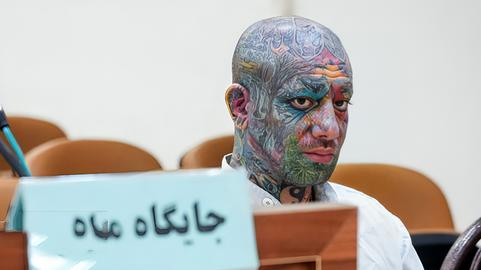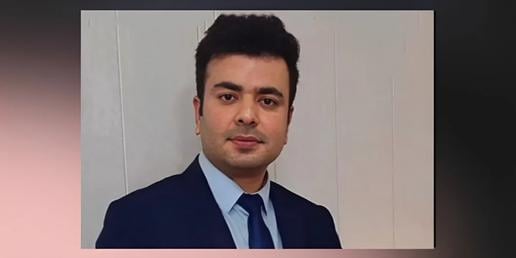The University of Massachusetts Amherst will no longer accept Iranian students on some of its programs, including courses in chemical engineering, physics and microbiology. For Iranian students at Amherst, the news signals an uncertain future.
The university announced the decision on February 13. The statement, published on the graduate school website, claimed that government sanctions posed a “significant challenge to its ability to provide a full program of education and research for Iranian students in certain disciplines”.
An Iranian PhD student said the university had suggested it reached its decision out of concern that Iranian graduates could potentially go on to work in the nuclear or energy industries in Iran. “But we know that more than 95 percent of Iranian graduate students are willing to stay in United States if they can find a good job.”
“We are not sure what will happen to current Iranian students at UMass,” the PhD student, who asked not to be name, said. Some students were worried that their academic careers could be disrupted. In January, he added, one graduate student who had been visiting her family in Iran was not allowed to return to the United States to finish her studies. Our source also said in recent months faculty members have been instructed to provide details of the kind of research Iranian students were doing.
Students expressed anger and dismay over the decision and called for it to be reversed, posting updates and comments on the “No to the UMass Educational Ban on Iranian Nationals” Facebook page, which has over 2,000 likes.
Though other US educational institutes have refused to accept Iranian students for science and technology courses, including private education provider Kaplan, the University of Massachusetts decision comes at a strange time, with Iran and the P5+1 countries — US, UK, France, China, Russia, plus Germany — possibly weeks from reaching a nuclear agreement.
Students said the university was blatantly contradicting its own commitments to diversity. The UMass Amherst’s graduate website says it is “committed to policies that promote inclusiveness, social justice and respect for all, regardless of race, color, religion, creed, gender....[and] national or ethnic origin.”
“While the decision is entirely left to be determined by the Secretary of State as clearly specified in the law, this educational institution is taking upon itself to be a law enforcer by framing its ‘policing’ as law compliance,” the students said in a statement published on Facebook. “Surprisingly, this unique interpretation presented by UMass is the only example of its kind among all universities in the United States. This act of collective punishment will severely damage UMass’ reputation as the flagship university in the state known to be the 'state of education' and ‘Spirit of America.’”
The National Iranian American Council (NIAC) also called for the university to reverse its decision. “This is a major problem for UMass Amherst, which risks doing real damage to itself as an institution,” said NIAC president Trita Parsi. “It’s also a problem for the US government, which only undermines American values and influence when it prevents universities from reaching out to young Iranians.”
On February 13, after the decision was reported by the press and led to widespread discussion on social media, the university removed the statement from its website. According to the university, it did so due to the high volume of media requests the graduate school was receiving. By February 16, the statement had been reinstated.
“The University has determined that it will no longer admit Iranian national students to specific programs in the College of Engineering (i.e., Chemical Engineering, Electrical & Computer Engineering, Mechanical & Industrial Engineering) and in the College of Natural Sciences (i.e., Physics, Chemistry, Microbiology, and Polymer Science & Engineering) effective February 1, 2015,” reads the statement posted on the graduate admissions section of the university website.
The university said it was complying “with applicable laws and regulations”, but the NIAC statement said the university had an “overly broad interpretation" of its obligations under sanctions.
IranWire contacted the graduate school and the office of the dean, but both declined to comment on the matter.






















comments